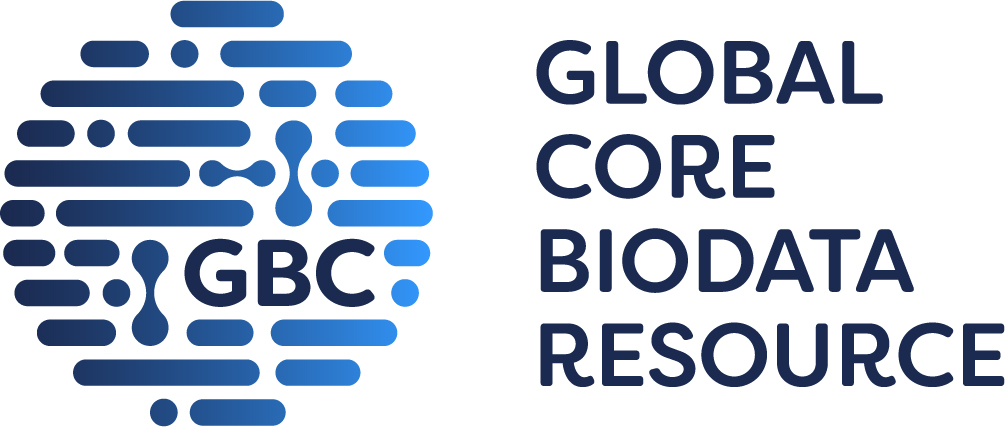
GtoPdb is requesting financial support from commercial users. Please see our sustainability page for more information.
SLC33 acetylCoA transporter C
Unless otherwise stated all data on this page refer to the human proteins. Gene information is provided for human (Hs), mouse (Mm) and rat (Rn).
Overview
Acetylation of proteins is a post-translational modification mediated by specific acetyltransferases, using the donor acetyl CoA. SLC33A1/AT1 is a putative 11 TM transporter present on the endoplasmic reticulum, expressed in all tissues, but particularly abundant in the pancreas [2], which imports cytosolic acetyl CoA into these intracellular organelles.
Transporters
|
ACATN1 (AcetylCoA transporter / SLC33A1) C Show summary » |
Comments
Further reading
How to cite this family page
Database page citation:
SLC33 acetylCoA transporter. Accessed on 28/12/2025. IUPHAR/BPS Guide to PHARMACOLOGY, http://www.guidetopharmacology.org/GRAC/FamilyDisplayForward?familyId=220.
Concise Guide to PHARMACOLOGY citation:
Alexander SPH, Fabbro D, Kelly E, Mathie AA, Peters JA, Veale EL, Armstrong JF, Faccenda E, Harding SD, Davies JA et al. (2023) The Concise Guide to PHARMACOLOGY 2023/24: Transporters. Br J Pharmacol. 180 Suppl 2:S374-469.








In heterologous expression studies, acetyl CoA transport through AT1 was inhibited by coenzyme A, but not acetic acid, ATP or UDP-galactose [1]. A loss-of-function mutation in ACATN1/SLC33A1 has been associated with spastic paraplegia (SPG42, [3]), although this observation could not be replicated in a subsequent study [4].